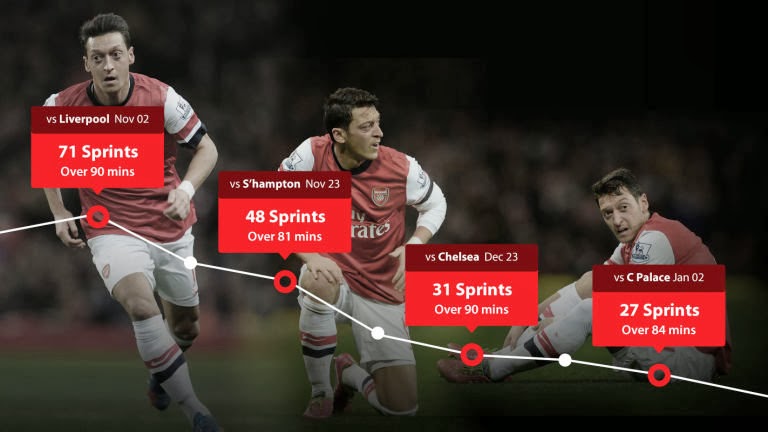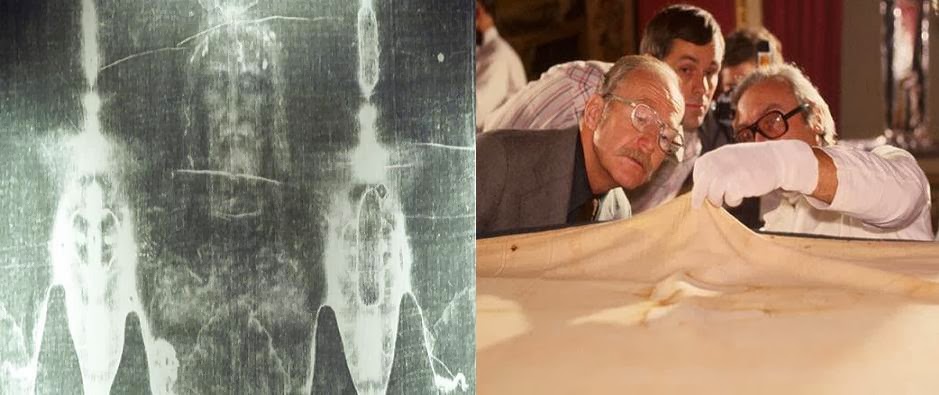
Amid the excitement that greeted his August arrival, Mesut Ozil
felt like more than just another player. Here was a symbol of Arsenal's
cash-rich future. This was a signing to sweep away the gloom of that
opening day defeat to Aston Villa and carry the Gunners into the heart
of a genuine title race. So it is somehow appropriate that Ozil's waning
form should be intertwined with the team's fading dream of topping the
Premier League table.
Things could hardly have started better with Ozil a conspicuously
transformative figure in Arsenal's turnaround. An assist on debut at
Sunderland was followed by two more on his home bow. Indeed, the seven
chances created in that performance against Stoke remains the most by
anyone at the Emirates Stadium so far this season. The German was widely
regarded as the catalyst for a fine run of form that saw Arsenal win
six and draw one of his first seven Premier League games for the club.
Of
course, statistics only tell part of the story. To see Ozil in action
is art not science. Ballet, poetry, take your pick. There is the sublime
touch and expert weight of pass. The serene movements as he glides
around the pitch, barely seeming to leave an imprint on the turf. But
the rhythm is not flowing as it once did. The end-product of goals and
assists is proving a chore rather than an inevitable consequence of his
brilliance. The question that needs answering is simple: "Why?"
Perhaps the starting point of the search for an explanation comes
from looking back to Ozil's three-year stay at Real Madrid. The former
Werder Bremen playmaker was a popular figure at the Bernabeu with
supporters so incensed by talk of his sale that calls for him to stay at
the club were even a feature of Gareth Bale's stage-managed welcoming
party. Cristiano Ronaldo was candid in his belief that Ozil's exit would
be a



























